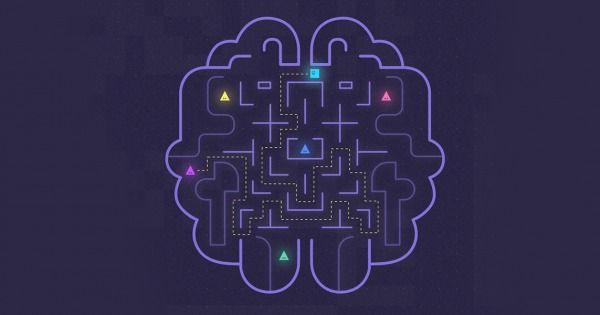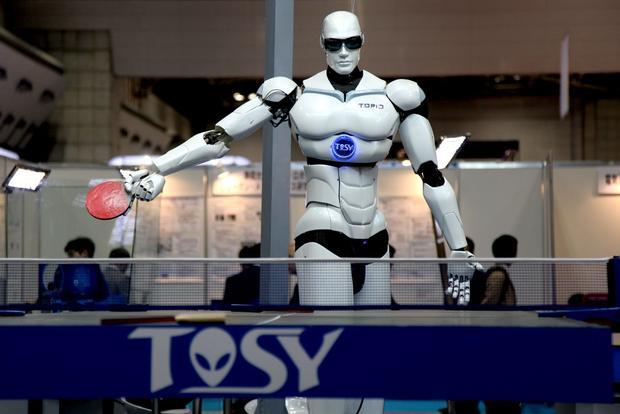Eric Shuss, Ed Hudgins, Peter Voss, Zoltan Istvan, Gennady Stolyarov; Michael Shermer (mod) discuss artificial intelligence and robots. Will these developments lead the economy of the future or end capitalism as we know it?
Gennady Stolyarov II, FSA, ACAS, MAAA, CPCU, ARe, ARC, API, AIS, AIE, AIAF, is the second Chairman in the history of the U.S. Transhumanist Party and the Chief Executive of the Nevada Transhumanist Party. Mr. Stolyarov is an actuary, independent philosophical essayist, science-fiction novelist, poet, amateur mathematician, composer, and Editor-in-Chief of The Rational Argumentator, a magazine championing the principles of reason, rights, and progress. Mr. Stolyarov regularly produces YouTube videos discussing life extension, libertarianism, and related subjects, In December 2013, Mr. Stolyarov published Death is Wrong, an ambitious children’s book on life extension illustrated by his wife Wendy Stolyarov. Death is Wrong can be found on Amazon in paperback and Kindle formats, and can also be freely downloaded in PDF format in the English, Russian, French, Spanish, and Portuguese languages.
Dr. Edward Hudgins is research director at the Heartland Institute, which seeks to develop and promote free-market solutions to social and economic problems. Hudgins has written extensively on the promise of exponential technologies and the need for a human achievement and entrepreneurial ethos. Before joining Heartland, he worked at The Atlas Society, which promotes the philosophy of reason, freedom, and individualism developed by Ayn Rand. During his stint at the Cato Institute, Hudgins directed regulatory studies and produced the book, Space: The Free-Market Frontier. He has also worked at the Joint Economic Committee of Congress and at The Heritage Foundation, where he pioneered the concept of an Index of Economic Freedom. Hudgins has a BA from the University of Maryland, an MA from American University, and a PhD from the Catholic University of America. He has taught at universities both in the United States and Germany.
Zoltan Istvan is a Libertarian candidate for California Governor in 2018. He is often considered one the world’s leading transhumanists after his popular run in the 2016 US Presidential race as a science and technology candidate. Zoltan began his futurist career by publishing The Transhumanist Wager, an award-winning, #bestseller in philosophy that has been compared to Ayn Rand’s work. Zoltan is also a leading technology journalist, a successful entrepreneur, and a former filmmaker and on-camera reporter for the National Geographic Channel. His futurist work and promotion of radical science has reached over 100 million people. He is a graduate of Columbia University, and lives in San Francisco with his physician wife and two young daughters. Breitbart wrote, “Istvan is a dynamic personality, as polarizing as he is engaging.” The New York Times wrote Zoltan has “a plausibly presidential aura.”
Eric Shuss has been actively involved in managing and acquiring high-tech companies for over thirty five years. He has owned and managed successful companies from start-up to thriving, ongoing ventures including professional services consulting firms, high-tech manufacturers and AI and computer software companies. He has extensive international business management experience with a keen understanding of how technology impacts today’s business. He is an author and futurist who serves on several advisory boards. He has worked in mid-to-large companies in roles of Senior Industry Analyst, Managing Consultant, Director of Information Systems, Director of Operations, Vice President, President, COO and CEO. His in-depth knowledge of multiple industries and complex business processes allows him to look at the big picture. He understands that technology alone is not the answer, but is a key component to success.
Filmed by Ford Fischer.





